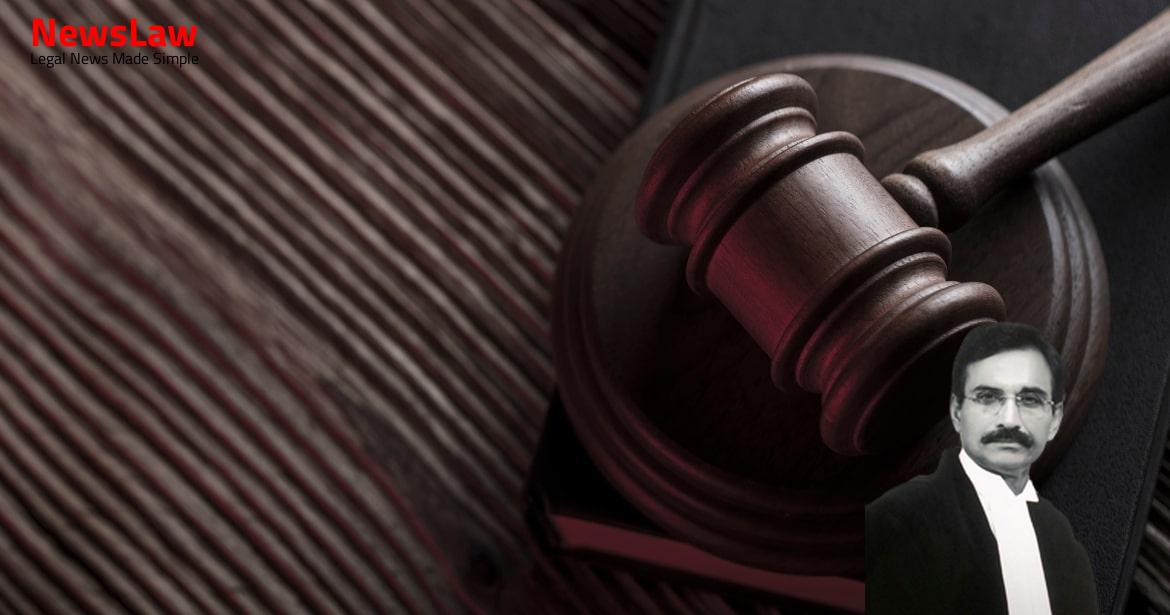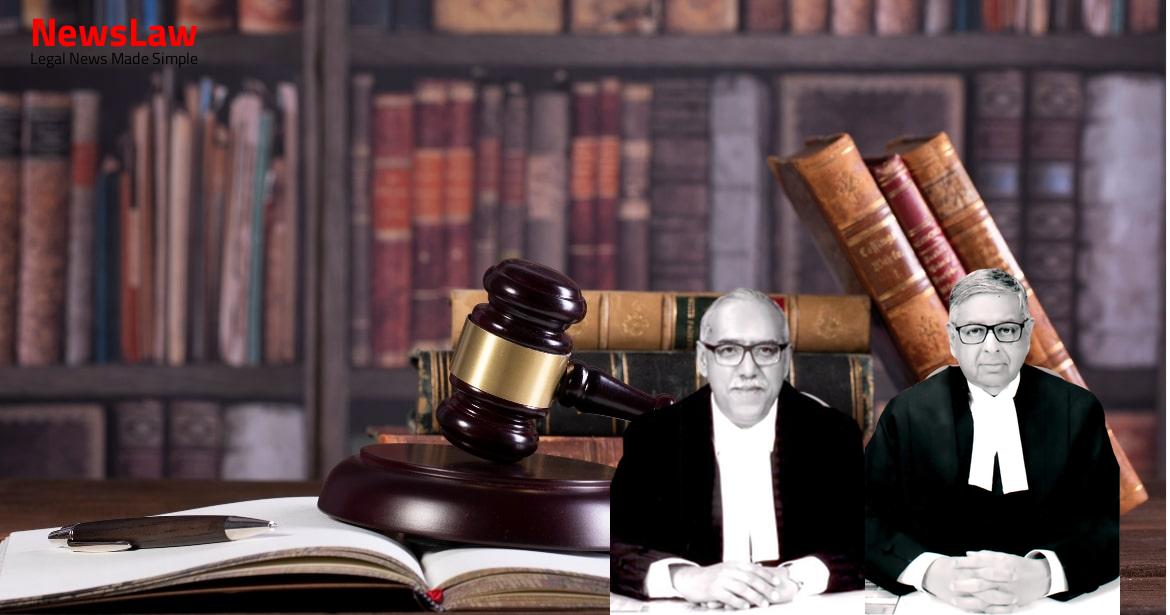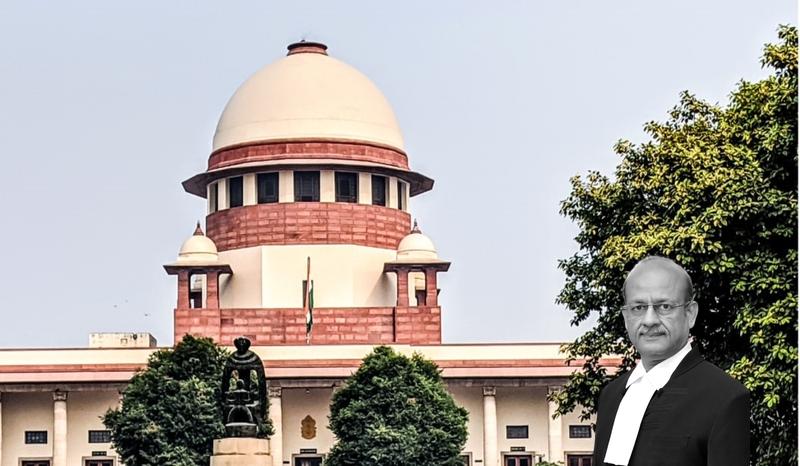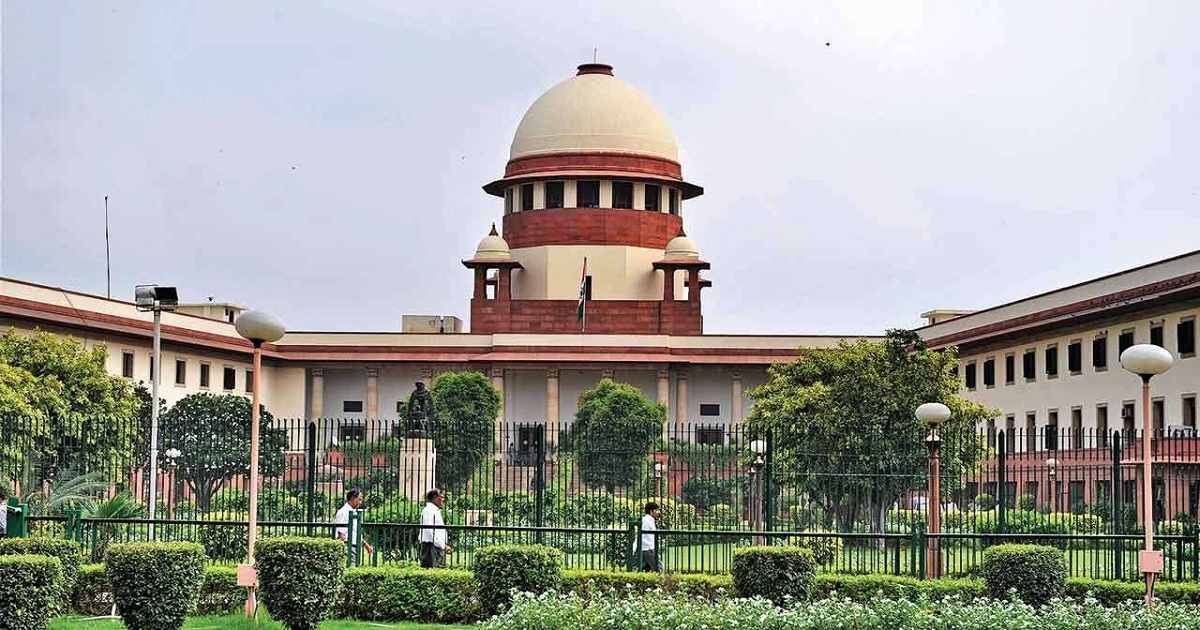In the realm of legal proceedings, the interpretation of what constitutes a ‘judgment’ holds significant importance. This case delves into the nuanced understanding of ‘judgment’ as defined by the Court, its impact on valuable rights, and the extent of appellate jurisdiction. The analysis sheds light on the delicate balance between interim relief, trial judge discretion, and the broader implications on the parties involved.
Facts
- The learned Single Judge made a prima facie observation regarding the use of the word ‘SHYAM’ in the business name of the defendants.
- The Single Judge directed the defendants to maintain weekly accounts of sales of products under the mark ‘SHYAM’ in Class 6.
- The Division Bench modified the Single Judge’s order and granted an injunction against the defendants from using the mark ‘SHYAM’ until the suit is disposed of.
- The appeal was filed by the aggrieved party against the injunction order.
- The Court issued a stay on the impugned judgment and order pending further proceedings.
- The respondent-plaintiff sought to vacate the stay order, but the Court decided to proceed with the main appeal on its merits instead.
- Respondent-plaintiff has trade mark registration for ‘SHYAM’
- Both parties manufacture and sell TMT bars
- Appellants used the mark ‘SHYAM’ on their products in 2015
- Respondent objected and appellants agreed to phase out the products with ‘SHYAM’
- Appellants applied for ‘SHYAM INFRA’ mark, respondent objected and application lapsed
- Appellants started using ‘SHYAM METALICS’ on packaging in 2018
- Respondent filed suit for infringement and passing off
- Interim injunction sought by respondent against appellants
Also Read: Presumption of Genuine Endorsements in Cheque Case
Arguments
- Shri Mukul Rohatgi, learned Senior Counsel for the defendants, argued that the appeal filed by the plaintiff before the Division Bench of the High Court was not tenable.
- He contended that the order of the Single Judge was not a final, preliminary, or intermediary judgment as defined by the Court.
- The Counsel emphasized that an injunction would be issued in cases of established trademark infringement.
- Shri Rohatgi also stated that the decision of the Single Judge was not impossible or perverse to warrant interference.
- He cited the Wander Ltd. case and argued that the Division Bench had overstepped its jurisdiction in deciding the application under Order XXXIX Rules 1 and 2 CPC.
- Referring to the Monsanto Technology LLC case, he argued that the Division Bench had acted impermissibly.
- Shri Neeraj Kishan Kaul, Senior Counsel for the plaintiff, defended the Division Bench’s interference with the Single Judge’s order.
- He argued that the Single Judge’s order did not qualify as a ‘judgment’ under the Letters Patent, making the appeal not maintainable.
- Kaul explained that the Single Judge had only granted time for a reply and had not decided on the interim injunction.
- He believed that the Shah Babulal Khimji case supported the plaintiff’s stance on the appeal’s maintainability.
- The respondent-plaintiff claimed infringement of their valuable right due to non-grant of ad-interim order by the Single Judge.
- The respondent-plaintiff is the registered owner of the trade mark ‘SHYAM’.
- The learned Single Judge should have granted ad-interim relief upon being notified of the infringement, to prevent the defendants from using the trade mark and passing off their goods as that of the respondent-plaintiff.
- The appellant argued that the appeal is tenable due to the infringement of the respondent-plaintiff’s right.
Also Read: Medical Negligence and Compensation: A Landmark Decision
Analysis
- The concept of a judgment under the Code of Civil Procedure is defined as the reasons and grounds for a decree passed by a court.
- A decree is preliminary when further proceedings are required before the suit can be completely disposed of.
- The term ‘judgment’ in the letters patent has a concept of finality in a broader sense.
- Orders passed by the trial judge deciding on admissibility or relevancy of a document cannot be treated as judgments, as they can be corrected by the appellate court in appeal against the final judgment.
- Intermediary or interlocutory judgments may cause a party to lose a valuable right to defend the suit with recourse only to contest the plaintiff’s case on their own evidence without a chance to rebut.
- Interlocutory orders with finality traits and trappings that adversely affect a valuable right directly and immediately are treated as judgments within the meaning of the letters patent and are appealable.
- The interpretation of ‘judgment’ in the letters patent is wider and more liberal than in the Code of Civil Procedure.
- Not every order passed by a trial judge amounts to a judgment; it must be a formal adjudication conclusively determining the rights of the parties with regard to the matters in controversy.
- The intention of the letters patent is to have a broader interpretation of ‘judgment’ to encompass orders that have traits of finality and affect valuable rights directly.
- Certain interlocutory orders may be preliminary and partly final, affecting the rights of the parties involved.
- The trial judge, being experienced and holding a high status, should be trusted to pass discretionary orders based on civil justice principles.
- Discretionary orders causing inconvenience or prejudice should not be treated as judgments to avoid flooding the appellate court with appeals.
- A presumption should be raised that the trial judge’s discretionary orders are correct unless legally erroneous or cause substantial injustice.
- Three kinds of judgments are identified: final judgment, judgment deciding all issues, and orders not amounting to judgments.
- An order allowing amendment to the plaint without finality does not constitute a judgment under the Letters Patent.
- The definition of ‘judgment’ in the Code of 1908 is linked with the definition of ‘decree’.
- A ‘decree’ is the formal expression of an adjudication that conclusively determines the rights of the parties in the suit.
- A decree may be preliminary or final.
- The definition of ‘decree’ includes the rejection of a plaint and the determination of questions within specific sections.
- Exclusions from the definition of ‘decree’ are adjudications that are appealable as an appeal from an order and orders of dismissal for default.
Also Read: Remand of Writ Petition for Restoration and Decision on Merits
Case Title: SHYAM SEL AND POWER LIMITED Vs. SHYAM STEEL INDUSTRIES LIMITED (2022 INSC 303)
Case Number: C.A. No.-001984-001984 / 2022



